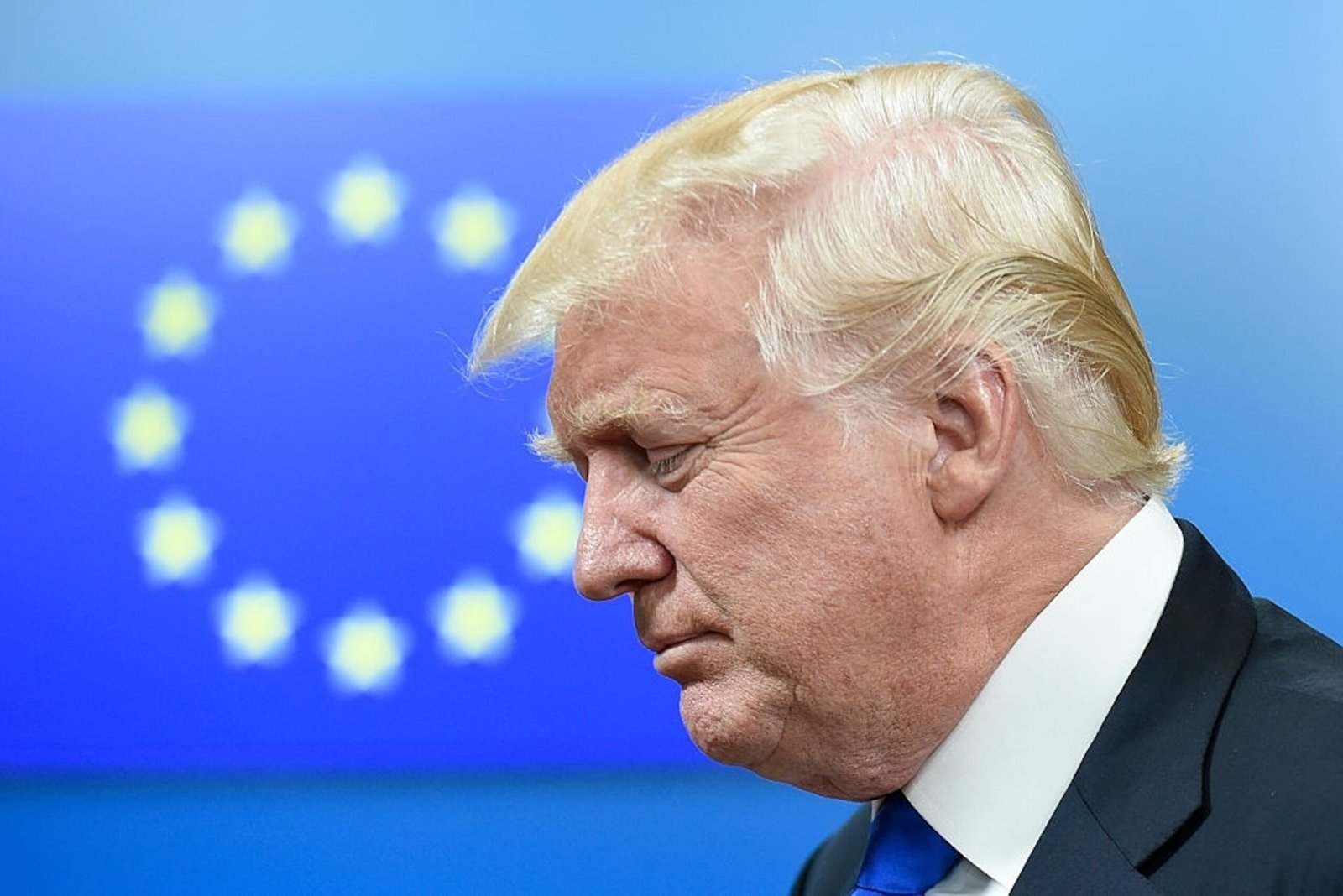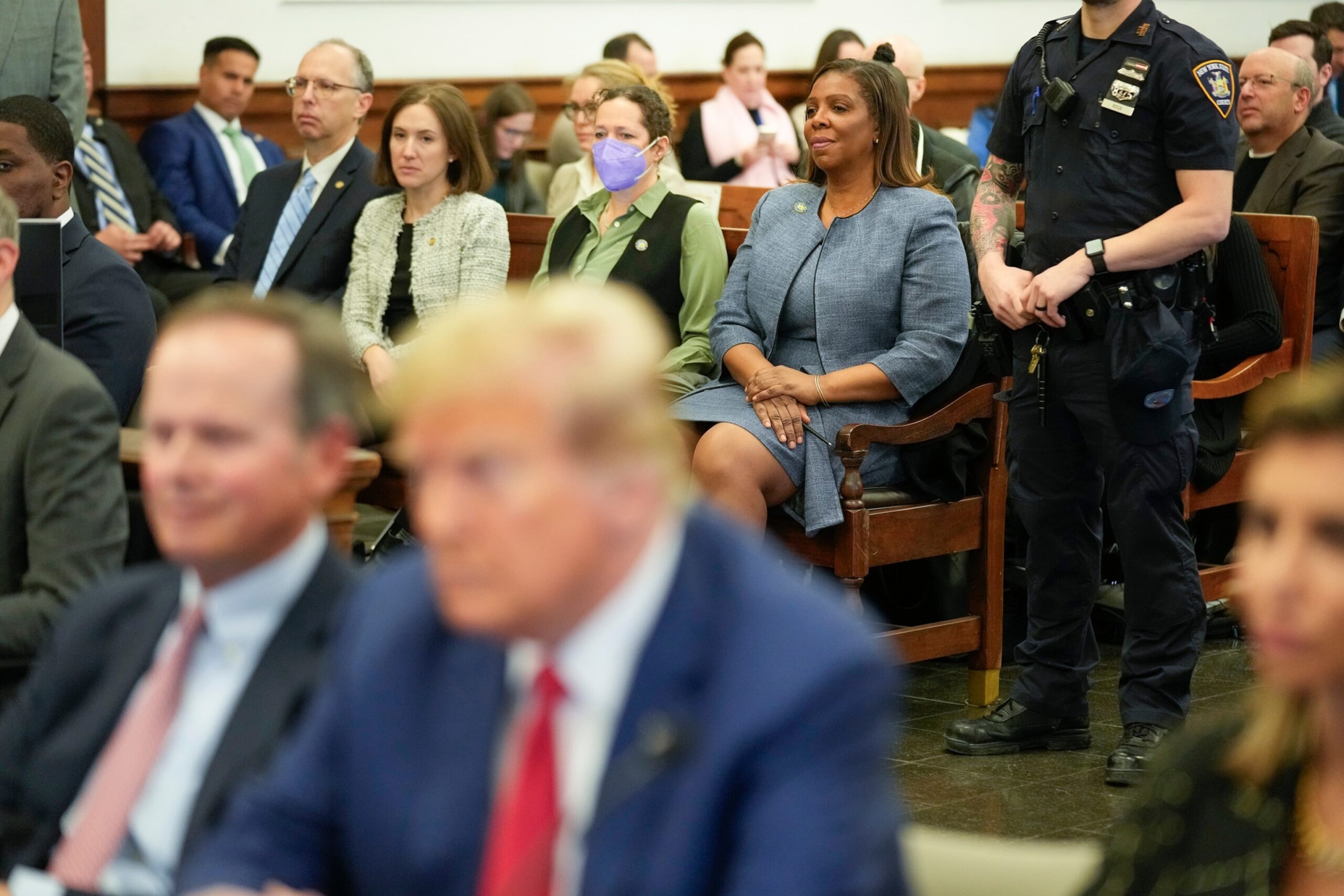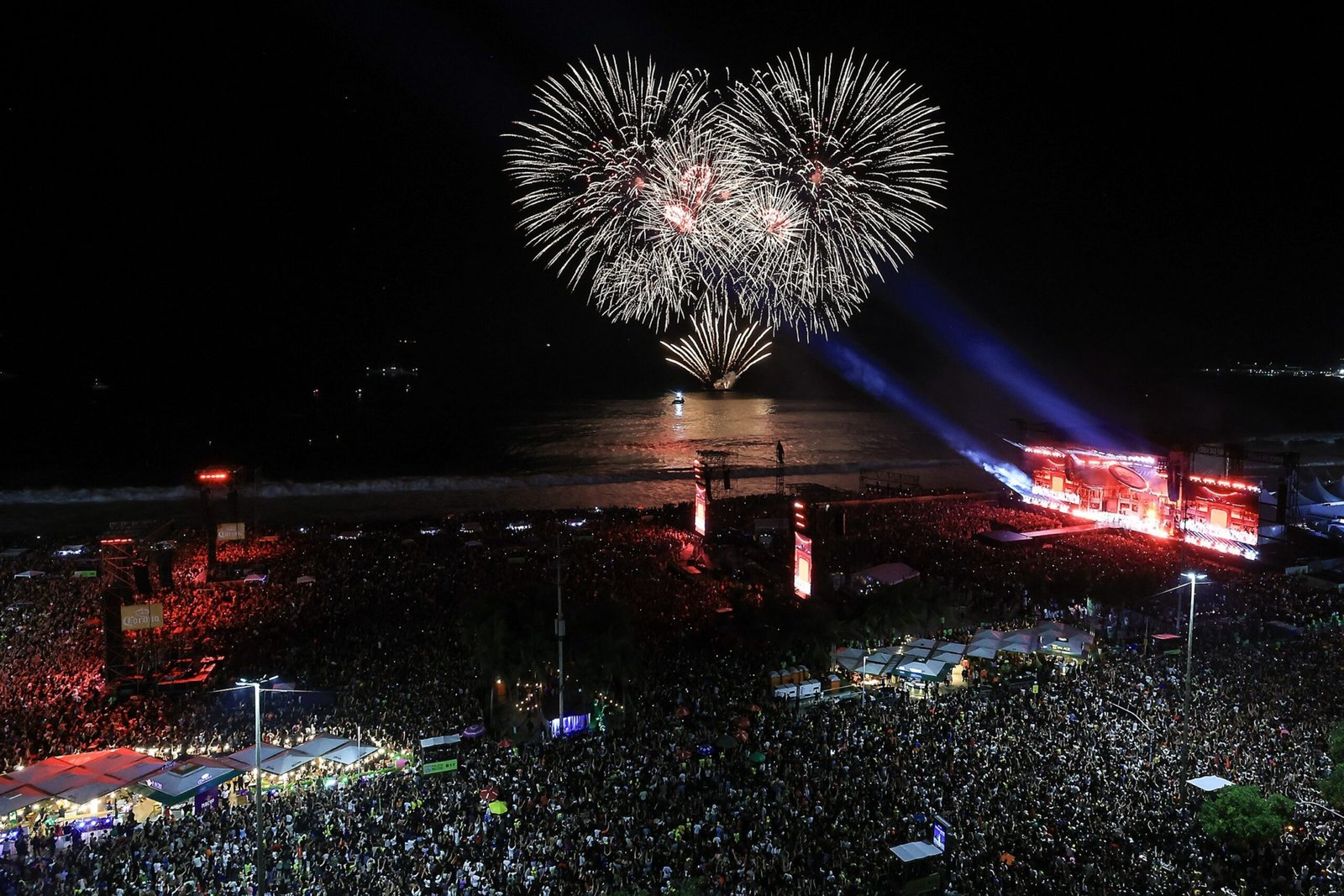Trump’s impact on European politics: Rise of the Right and Liberals backward

If last weekend in European politics it is an indicator of something, it is that the “Trump effect” is real, and its reverberations are unpredictable.
Three countries of the European Union celebrated elections on Sunday, Romania, Poland and Portugal, without the results not showing any clear tendency for the future of European politics. However, the elections indicated the growing influence of the US president in the continent.
The disparate responses of voters in the three countries, and the lack of a decisive victory for any party or candidate in Portugal or Poland, suggest that the political polarization that the United States has traveled during the last decade is a global trend, not simply an American.
As for whether President Donald Trump and the “Make America Great Again” movement turn around can establish European avatars, the question remains open.
“I don’t know if I have a firm answer,” News Celia Belin, a member of the main policy of the European Foreign Affairs and head of his Paris office, told ABC News. “At this time, we are all monitoring what is happening and how this influence can be established.”
“It’s very early,” Belin added. “This is a continuous phenomenon.”
While it is not clear what will be the scope of Trump’s impact on European politics, ultimately, Belin said the impact is “stronger” than two years ago.
The influence of Trump, indirect and direct, has given populist movements as Germany’s alternative for the German party, the Nationalist Party of the Law and Justice (PIS) of Poland and the Chega Party of the extreme right of Portugal, a clear impulse, evident in the recent elections in each country.

TOPHOT – The president of the United States, Donald Trump, leaves after a meeting with EU officials at the EU headquarters, apart from the NATO summit (organization of the North Atlantic Treaty), in Brussels, on May 25, 2017.
Thierry Charlier/AFP through Getty Images
“If I have to compare it two years ago, for example, it is stronger, it is more united, a lot of populist nationalist leaders in Europe is inspired,” Belin said. “It is becoming stronger. That is the direction in which he is entering right now.”
The land of complaints that brought Trump to the Oval office twice is not simply an American phenomenon and manifests itself differently in individual nations. Concerns about globalization, immigration, inequality, cost of living, low economic growth rates, national progressivism and identity are almost universal in the western democratic world.
Trump seized those conditions in the United States and right -wing leaders in Europe are trying to do the same.
Election week in Europe
This week’s electoral results in Romania, Poland and Portugal, however, suggest that the translation of Trumpism in European political languages remains incomplete.
In Romania, the voters opted for the Pro-Europe platform, Pro-Otan, Pro-Ukraine, Pro-Otan, Pro-Otan. Dan won around 54% of the votes.
Dan’s opponent, Trump’s supporter, George Simion, who courted the Maga Movement and even visited the United States during his campaign, fell short, although he promised to continue “our struggle for freedom and our great values along with other patriots, sovereigns and conservatives worldwide.”
In Poland, the presidential election saw the Liberal Mayor of Warsaw Rafal Trzawski ensure an unexpectedly adjusted victory in the first voting round with about 31% of the votes, surpassing the right -wing rival Karol Nawrocki, which was personally backed by Trump, who had 29.5% of the votes.
The two men will enter the second voting round on June 1, hoping to attract voters from other minor candidates, including a significant block that voted for the extreme right -wing fire runner Mentzen, who was third with 14.8%.
Piotr Buras, a member of the ECFR main policy to the head of his Warsaw office, told ABC News that Trump has advanced in the elections.
Nawrocki was framed as the friendly candidate with Trump, along with his sponsors in the law and justice party, criticizing the Civic Platform of Trzawski and Prime Minister Donald Tusk for allegedly undermining Polish-State Relations.
“We used to have a national consensus over the United States,” Buras said, with the generally warm voters with the idea of nearby ties with Washington, DC “now, due to this ideological division in Poland, due to the United States and due to Trump’s approach to Europe, Poland suddenly divides on how to do the United States,” he added.
Meanwhile, in Portugal, the Chega party of the extreme right won a record participation of 22.6% of the vote, opening the long bipartisan domination of the country’s political scene despite the fact that it could not review the democratic alliance of the right of the right of the center of the right.
“I’m not going to stop until I become the Prime Minister of Portugal,” said Chega leader Andre Ventura, who was among foreign politicians invited to the second inauguration of Trump.
Make Europe great again?
Such confidence in defeat can be promoted by solid foundations, populist parties and candidates are discouraging in Europe. Throughout the continent, the extreme right groups are winning historically large pieces of the electorate and the dominant political debates, even without ensuring the reins of power.
In the United Kingdom, the right reform party recorded a surprising performance in the local elections of May, winning hundreds of seats of the Council and leaving the leader Nigel Farage, known for its cozy relationship with Trump and the Maga Movement, to declare the end of the traditional domain of the two main parties of Great Britain.
In the parliamentary elections of Germany in February, the extreme right alternative for the Germany (AFD) party converted years of growing popularity to win around 21% of the votes and become the second largest game in the Bundestag.
The United States Vice President JD Vance, made his first foreign trip in his new position to Germany in February, shortly before the elections, speaking at the Munich Security Conference on February 14.
In his speech that addresses the annual security conference, Vance criticized Europe for hindering freedom of expression, which suggests that the decision of the conference to prohibit AFD members from attending was a form of censorship.

Vice President JD Vance speaks during a discussion at the Munich leaders meeting organized by the Munich Security Conference in Washington, on May 7, 2025.
Mandel and/AFP
“In Great Britain, and throughout Europe, freedom of expression, I’m afraid, is in retirement,” Vance said. “I think that discarding people, discarding their concerns or, worse, closing the media, closing the elections or closing people in the political process does not protect anything. In fact, it is the safest way to destroy democracy.” Many political analysts considered that Vance’s comments are an AFD tacit support from the Trump administration.
And in France, President Emmanuel Macron has so far delayed the persistent challenge for the presidency of the extreme right -wing leader Marine Le Pen and the national demonstration, but could not prevent the party from becoming the largest in the National Assembly in 2024. Only an unstable minority government has kept the party out of the prime minister’s office.
Insurgents are coordinating. Leaders have felt increasingly attracted to American conservative events, such as the Conservative Political Action Conference, the first European delivery was held in Budapest, Hungary, in 2022.
And this year, the rightists gathered for the Make Europe Great Again Again Conference in Madrid in February, organized by the Vox of the extreme right of Spain.
Buras noticed that vice president JD Vance can even attend a CPAC event planned in Poland at the end of May, in what could only be interpreted as a sample of support for Nawrocki. The event raises the perspective of the “American interference almost, or at least the influence, of the United States,” said Buras.
You are blueback
Trump is as divisive abroad as at home. In fact, surveys constantly indicate that many European voters are skeptical, restless or directly hostile for the US president.
So, then, there is no guarantee that a Maga association puts foreign populists in power. Recent elections in Canada and Australia, for example, saw the Central Left Establishment parties ensure victory against conservative opponents seeking to stain as Trumpian.
Trump’s return to the White House “has aroused anti-populist or anti-nationalist movements,” Belin said. “It gives them a role … You want to mobilize your electorate and use the United States of Donald Trump as a kind of scarecrows: the mobilization effect goes in two directions.”
“It feeds the extremist base and, therefore, excites many people, but also feeds the other side and also scares the environment,” said Belin.







